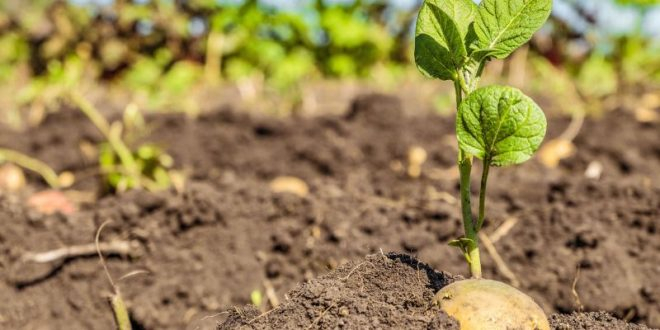Challenges and Outlook for the Potato Industry Amidst Increasing Processing Capacity and Market Dynamics
Across major potato production zones in Europe, the 2024 planting season has been marred by exceptionally late and challenging conditions, coupled with widespread emergence difficulties. These factors are setting a cautious tone for the upcoming season amidst an environment of heightened European processing capacity and evolving supply-demand dynamics favoring farmers.
Current Challenges and Conditions
According to the latest press release from NEPG (North-Western European Potato Growers), the ongoing campaign is fraught with growing risks impacting production and influenced by competitive market trends and consumption patterns. These factors collectively pose significant uncertainties for the sustainability of the sector moving forward.
The planting season extended over eight to ten weeks this spring, with planting efforts continuing until recently. Fields across the region are in varying stages of growth, from newly planted to fully blossoming, with tuberization processes underway, yielding tubers comparable in size to goose eggs.
Emergence Issues and Regional Impact
Widespread emergence problems have been reported, ranging from minimal sprouting percentages to severe cases of up to 80% failure due primarily to tuber rot. Belgium and the Netherlands have been particularly affected, attributing these issues to delayed plantings, use of cut seed, multiple desprouting attempts, challenging planting conditions, and excessive rainfall. Moreover, significant field losses due to flooding have been prevalent, notably in the Benelux countries and parts of Germany, specifically Bavaria.
Seed Supply and Production Challenges
The NEPG highlights unresolved seed issues, noting stable seed production in the Netherlands amidst disruptions caused by flooding, which has severely impacted hundreds of hectares of seed fields across the country. The overall impact on tuberization and tuber counts remains uncertain, posing additional challenges to the sector.
Market Dynamics and Processing Capacity
While the demand for processing capacity continues to grow across the NEPG zone, led by France and sporadically in other nations, recent sales of processed potato products like frozen chips have either stabilized or seen a slight decline. The market landscape is increasingly competitive, not only with North America but also with emerging global players such as China, India, Turkey, and Argentina. Growers are advised to consider these dynamics carefully when planning future investments or expansions.
Conclusion
The risks faced by potato farmers have escalated significantly, driven by expanding challenges linked to climate change, heightened blight pressures exacerbated by resistance to new Phytophthora strains, limited fungicide availability, and the cultivation of chipping and crisping varieties that are particularly susceptible to blight and require extensive spraying. In navigating these complexities, growers must adopt sustainable practices and prudent production strategies amidst unpredictable weather patterns and evolving water availability concerns.






